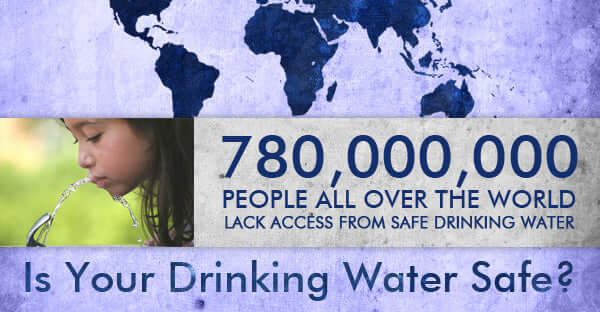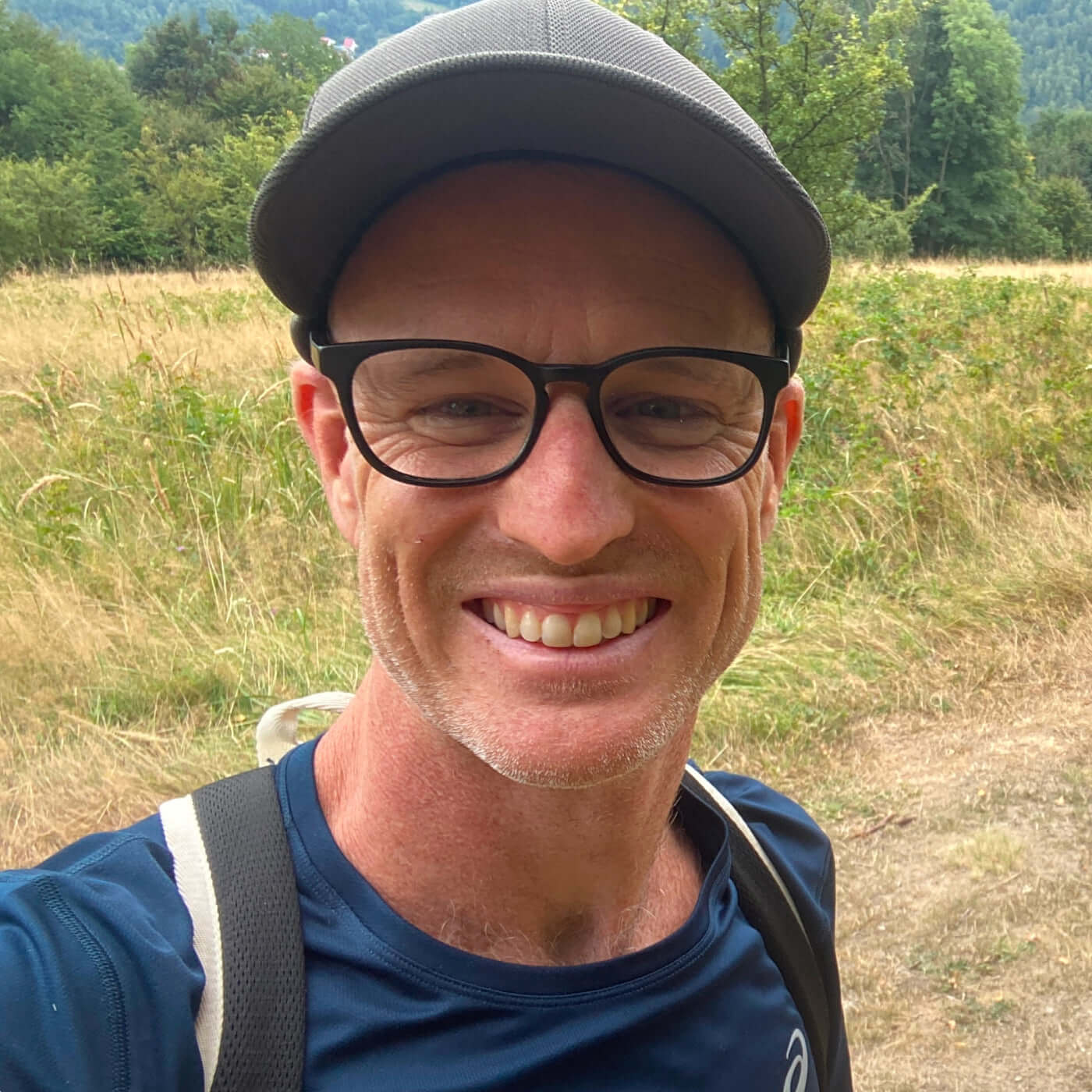Global Awareness: Water Facts

Its common knowledge that water is an essential compound that every living being on this planet needs to survive. But not just any water, clean water!
Recent statistics show 3.4 million people die each year from water-related illnesses.
According to a report by UNICEF and the World Health Organization (WHO) only 89% of the worldwide population has improved drinking water sources, leaving 11% drinking unsafe, contaminated water.
All countries set standards to ensure the safety of their drinking water. In countries such as Australia, water is sanitised and chemically altered to make it safe for consumption.
What all this proves is that Water Sanitisation is absolutely vital.
How is Our Drinking Water Sanitised?

According to Environmental Protection Agency's, there are specific ways of increasing the safety of public water systems.
One solution that significantly reduces the number of harmful contaminants and disease-causing organisms in drinking water is adding Chlorine. This is called chlorination.
So if your tap water smells like chlorine, it’s most likely chlorinated.
What is Chlorine? Chlorine is a disinfectant that, when added to water,, eliminates bacteria and viruses that may be present.To this day, chlorine has greatly improved drinking water supplies all around the world.
Effects of Chlorine in drinking Water: Good or Bad?
Water Chlorination is the process in which chlorine is added to tap water for the purification process.
Significant scientific data indicates that it’s much safer to treat water with chlorine than to leave it as it is.
Municipal water treatment plants use small amounts of chlorine in their distribution facilities where it travels directly through to each household.
However, chlorine as a disinfectant reacts with certain compounds in water, which forms by-products that can cause significant health challenges for consumers.
Some people have consumed tap water with even the most minor amounts of chlorine, and experienced irritating effects to their eyes, nose and, in some cases, stomach aches.
Long term exposure to high levels of chlorine disinfectant by-products promote increased cancer risks and pose health threats during pregnancy.

Ways to Make Your Water Safer For Drinking
Despite the government and other agencies working together to sanitise our drinking water, we still find ourselves in compromised health due to chlorine exposure.
To help make your water safer and minimise health risks due to chlorination, water filters are the best alternative.
What You Need To Know About Water Filtration

Water filters are more effective (and cost-effective) than treating health issues caused by long term exposure to chlorine in tap water. Certified Water Filters remove impurities far more effectively than any treatment facility. These treatment plants are only doing the bare minimum.
Consumer reports say that most households purchase the wrong equipment, making it somewhat counterproductive buying a water filter.
There are hundreds upon hundreds of Water Filters on the market.
The best approach is to find one that is high quality and that fits your needs. Have your water tested for contaminants and use a water filter to remove the chemicals and by-products from your specific water source. If more than one health risk is determined, find a multi-stage filter that will eliminate these contaminants.
We can’t control what the government put in our water supply, but we can control what we use in our homes. If you’re wondering if you really need a water filter, check out Why Buy a Single, Twin or Triple Water Filter System?
Make Your Drinking Water Safer With A Water Filter
Suppose you utilise a simple Benchtop, Undersink or even Reverse Osmosis Water Filter. In that case, you’ll no longer have to worry about tap water that smells like chlorine, and your body will be forever grateful.
Many homeowners these days opt for a more permanent Whole House Water Filter that takes care of all the water before it enters the home. Be sure to check out our collection of Whole House Water Filters if you’d like to explore that.
If you have any questions, please feel free to contact us.








